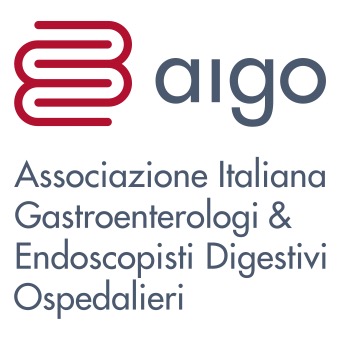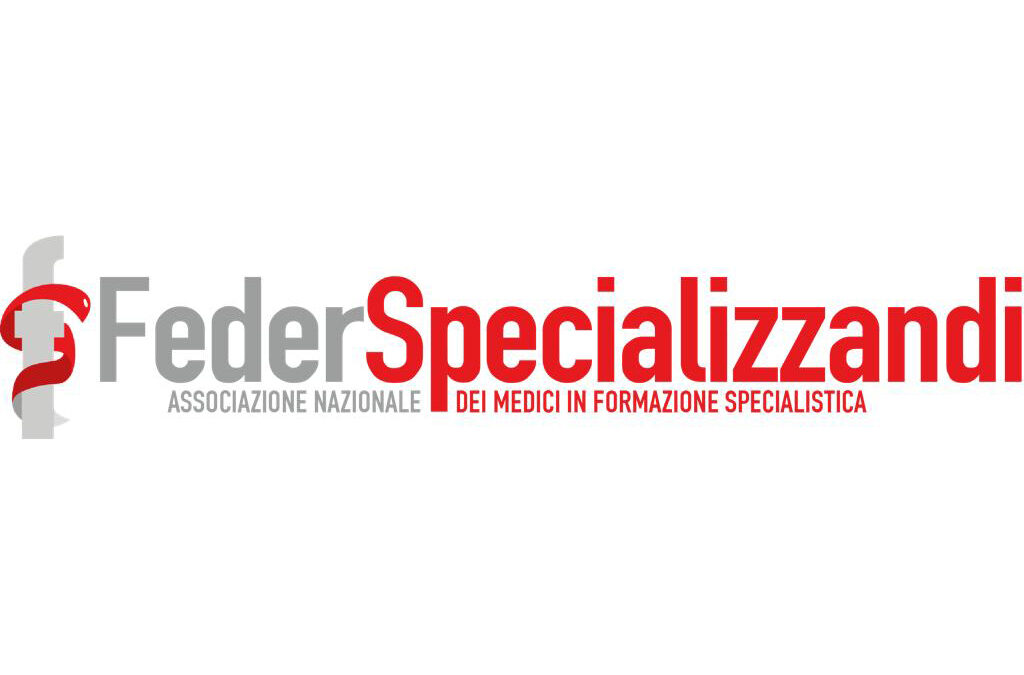
by Valeria Confalonieri | Dec 12, 2023
The processing of biopsies entails an added energy requirement and generates hazardous waste and a significant carbon footprint. International Guidelines endorsed strategies to safely avoid the need for histological analysis (use of optical diagnosis, apply the...

by Valeria Confalonieri | Dec 12, 2023
In most studies the calculated minimum estimated endoscope-associated infection risk is low when reprocessing protocols are correctly applied. The carbon footprint of single-use endoscopes is substantial as recent studies estimates that releases of CO2 and consumes of...

by Valeria Confalonieri | Dec 12, 2023
The environmental burden of medications before endoscopy (bowel preparation and laxatives for colonoscopy, or mucolytic solutions), during (sedatives, antibiotics, or analgesics), and after the procedure has not been formally quantified but it has recently been...

by Valeria Confalonieri | Dec 12, 2023
The administration of tests, treatment or procedures might not change the patient management plan for many reasons. In some cases, the pre-test probability of a patient for a certain condition is low and further testing might not be necessary (e.g. brest cancer...

by Valeria Confalonieri | Dec 12, 2023
Hospitalization for a procedure incurs high resource consumption and CO2 emissions and is associated with the risk of hospital-acquired infections. Several reports support that most elective GI endoscopic procedures should be performed safely on an outpatient basis,...








Recent Comments